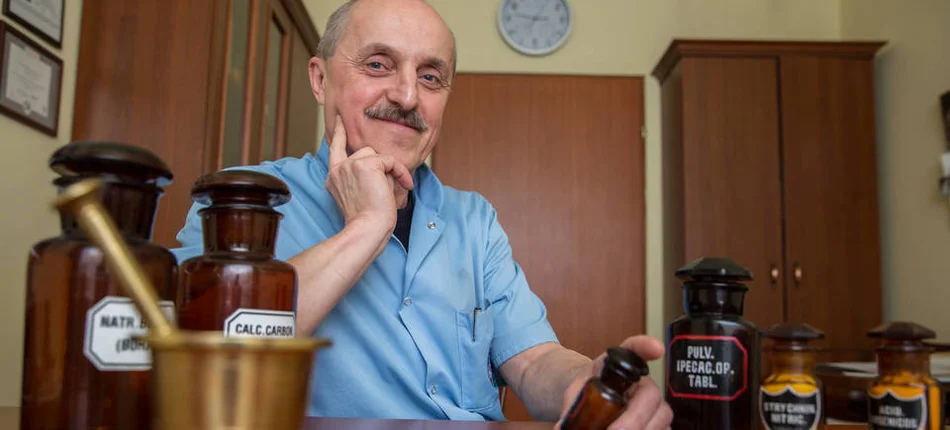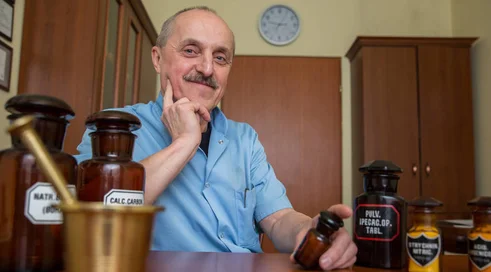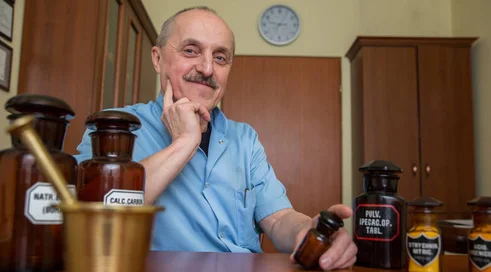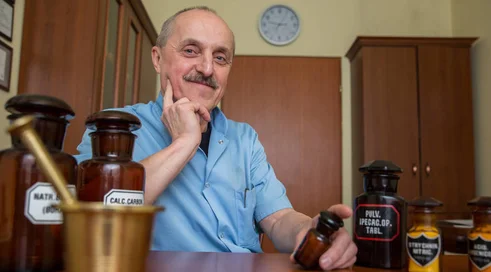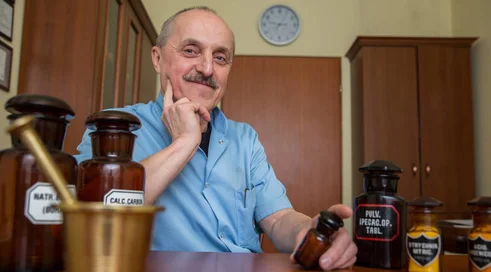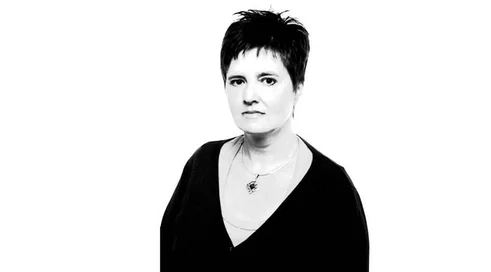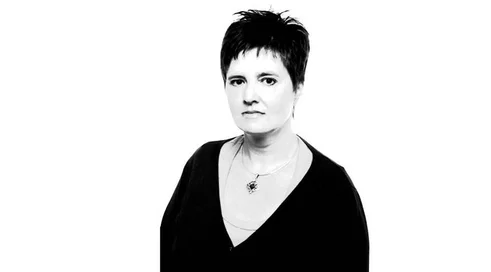The President of the District Pharmacy Council in Warsaw stated that "combined tests for COVID-19, influenza and RSV are a classic example of the possibility of using the potential of pharmacists employed in pharmacies, the implementation of this service in the pharmacy will relieve the health care system and enable primary care physicians to focus only on treating patients with confirmed infection.”
COMBO Test Influenza A/B + COVID-19 + RSV is an ...
Content locked
To gain access to the complete English section of the Medexpress.pl, kindly reach out to us at [email protected].
If you already have an account, please log in





